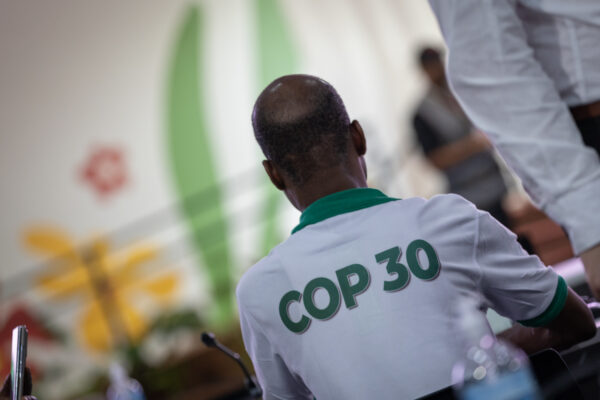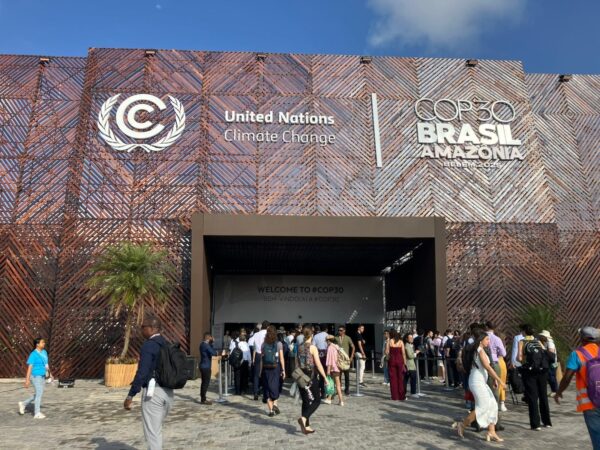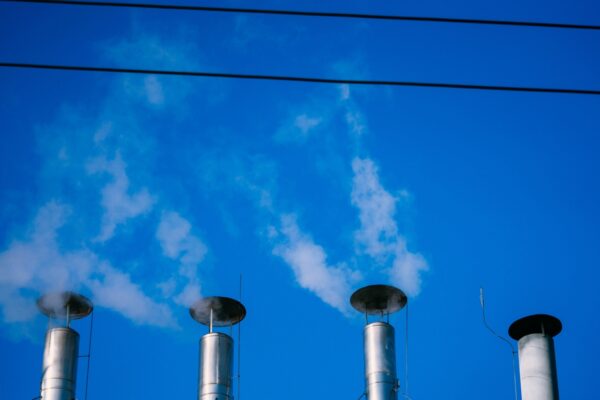The impact of global climate pledges on national action: a snapshot on Asia
Does signing COP pledges makes a difference at the national level? We look at eight Asian countries.
Share

While annual global climate talks are peppered with announcements of voluntary sectoral initiatives and pledges, signed onto by governments with great fanfare and media attention, the jury's still out as to whether these pledges translate into national action.
In a report released today, Climate Analytics has looked at four such COP pledges covering coal, renewables, energy efficiency and methane, and their impact across eight Asian countries: Indonesia, Japan, Malaysia, the Philippines, Singapore, South Korea, Thailand and Viet Nam, selected for both their heavy reliance on fossil fuels, and their participation in the pledges.
The initiatives:
• The Global Coal to Clean Power Transition Statement (COP26, 2021),
• The Energy Transition Council (COP26),
• The Global Pledge on Renewables and Energy Efficiency (signed at COP28 in Dubai),
• The Global Methane Pledge (COP26)
The team also included some analysis on the two Just Energy Transition Partnerships (JETPs), underway in Indonesia and Viet Nam.
"One issue we found with the pledges is their voluntary nature, and lack of enforceability, which limits their impact. Governments can make bold statements in signing up to these pledges at a COP, without having to come up with concrete action," said Dr Nandini Das.
"While these pledges provide a foundation for progress, their content has been, at best, loosely integrated into NDCs and national policies so far. This year's new round of NDCs is an opportunity for governments to show whether these voluntary pledges will actually drive ambition and action, or be remembered as political and diplomatic posturing," said lead author Thomas Houlie.
Findings
- The Global Pledge on Renewables and Energy Efficiency (signed at COP28 in Dubai), aims to triple renewable energy deployment by 2030, the report found that overall, the deployment of renewables was insufficient. While Japan and Viet Nam had made some (short-lived, in the case of Viet Nam) gains, these has been hindered by regulatory and technical challenges. Grid modernisation, a key enabler for renewable integration, remains a bottleneck in many countries.
- Coal dependency persists despite the commitments to coal reduction through multiple pledges. Coal capacity has increased in several pledge-signatory countries: Indonesia, the Philippines and Viet Nam, for example, have expanded coal use, with new plants still being commissioned. Japan and South Korea remain heavily dependent on imported coal. Also of concern is the lack of concrete coal plant retirement plans. Two non-signatories of the Coal to Clean power statement have seen a relative decline in coal dependency.
- Energy efficiency, the “first fuel”, is not being leveraged, despite being one of the most cost-effective ways to cut emissions. Only Japan has achieved the 4% annual energy intensity reduction required to meet international targets, but only in the last data year and the question is whether this is due to policies or external factors, like economic conjuncture or weather.
- Methane emission reductions are uneven. The Global Methane Pledge commits signatories to a 30% reduction by 2030, but progress has been inconsistent. Japan and Viet Nam have taken proactive steps, with the government integrating methane reductions into its national climate policies. In contrast, the Philippines have seen increases, largely due to expanded coal mining and a rise in waste methane output.
- Fossil gas expansion threatens climate goals: many countries are expanding fossil gas infrastructure as a perceived transition fuel in spite of the evidence. This undermines climate commitments. Singapore, the Philippines, and Viet Nam are particularly at risk of long-term fossil fuel lock-in, with substantial LNG import projects underway. LNG risks diverting investment away from sustainable energy solutions and creating stranded assets.
The eight focus countries reviewed in this report are all in a position to contribute to closing the gap between their NDC commitments and Paris Agreement targets. Successful implementation of their energy sector pledges can accelerate the transition to clean energy sources and avoid locking-in more fossil fuels in their energy systems.











